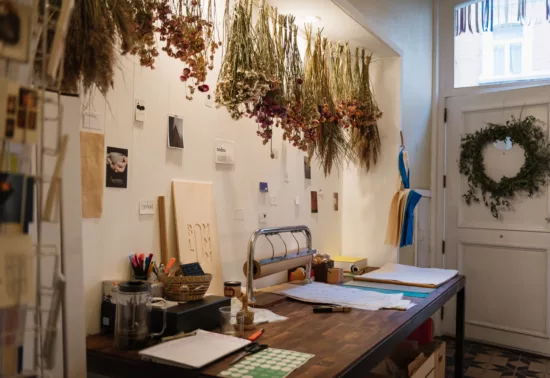Fairtrade International
Perhaps the best-known label. Fairtrade International guarantees fair wages for farmers and workers, prohibits child labor, and invests in local communities. The label can be found on coffee, chocolate, bananas, and even wine.
-
Reliability: High. Fairtrade International is one of the most comprehensive and strict fair trade labels.
-
Verification: Independent audits by FLO-CERT, an external certification body. Farmers and workers are checked on labor conditions, minimum prices, and premiums.
-
Transparency: Criteria and reports are publicly available. FLO-CERT monitors whether producers continue to meet the requirements.
-
Focus: Fair trade in food production, with attention to living wages, freedom of association, and sustainable agriculture.
-
Good to know: Fairtrade guarantees a minimum price and a premium for community investments. However, not all farmers can always sell their entire harvest to Fairtrade.
-
Found on: Coffee, tea, chocolate, bananas, sugar, wine, cotton, and more.
Oxfam Fair Trade
Not just a label, but a movement. Oxfam Fair Trade buys directly from cooperatives and reinvests in the producers. Their products range from rice to rum, all with a fair price for the makers.
-
Reliability: High. Oxfam Fair Trade goes beyond certification: it buys directly from cooperatives and actively invests in fair trade.
-
Verification: Internal audits and collaboration with Fairtrade International. Oxfam applies strict fair trade standards and maintains long-term partnerships with producers.
-
Transparency: Clear communication about origins and impact. Oxfam publishes details about suppliers and pricing.
-
Focus: Direct cooperation with farmers and workers, with strong emphasis on fair prices and long-term partnerships.
-
Good to know: Oxfam buys from the same cooperatives as Fairtrade but provides extra support and stability for farmers.
-
Found on: Rice, chocolate, coffee, wine, fruit juices, and more.
Fair For Life
One step further: Fair For Life focuses not only on fair wages but also on organic production. The label considers both social and ecological sustainability and is found on tea, herbs, and personal care products.
-
Reliability: High. Fair For Life combines fair trade with ecological sustainability.
-
Verification: Annual inspections by independent bodies. Companies are evaluated on both social and environmental criteria.
-
Transparency: Certification reports are publicly available.
-
Focus: Fair trade, organic agriculture, and ecological sustainability. Fair For Life certifies not only food but also cosmetics and textiles.
-
Good to know: Broader than Fairtrade International because it allows multinationals and large plantations, provided they respect fair trade principles.
-
Found on: Tea, herbs, personal care products, textiles.
Rainforest Alliance
That little frog on your tea or chocolate? That’s Rainforest Alliance! This label works on environmental protection and social rights, but focuses less on fair prices. A sustainable choice, but not necessarily fair trade.
-
Reliability: Medium to high. The Rainforest Alliance focuses on the environment and labor rights, but does not guarantee minimum prices for farmers.
-
Verification: External audits, but less strict than Fairtrade. No fixed minimum prices, but guidelines for living wages exist.
-
Transparency: Certification requirements and criteria are available online.
-
Focus: Environment and labor conditions, with attention to biodiversity and climate action.
-
Good to know: The frog logo doesn’t always mean fair trade—products can partly come from non-certified sources (mass balance system).
-
Found on: Coffee, tea, cocoa, bananas.
WFTO (World Fair Trade Organization)
WFTO is not a typical label but a global network of fair trade enterprises. Their focus? 100% fair trade, from production to sale. Think handmade chocolate or artisanal coffee, directly from cooperatives.
-
Reliability: High. WFTO is a network of companies fully committed to fair trade.
-
Verification: Membership requires proof that a company follows the ten fair trade principles. No standard audit, but continuous evaluation.
-
Transparency: Producers and companies must prove they apply fair trade practices, focusing on social impact.
-
Focus: Fair trade as a business model, emphasizing social justice and fair trade across the entire supply chain.
-
Good to know: Not a product label but a guarantee that an organization operates according to fair trade principles.
-
Found on: Food, textiles, artisanal products.



